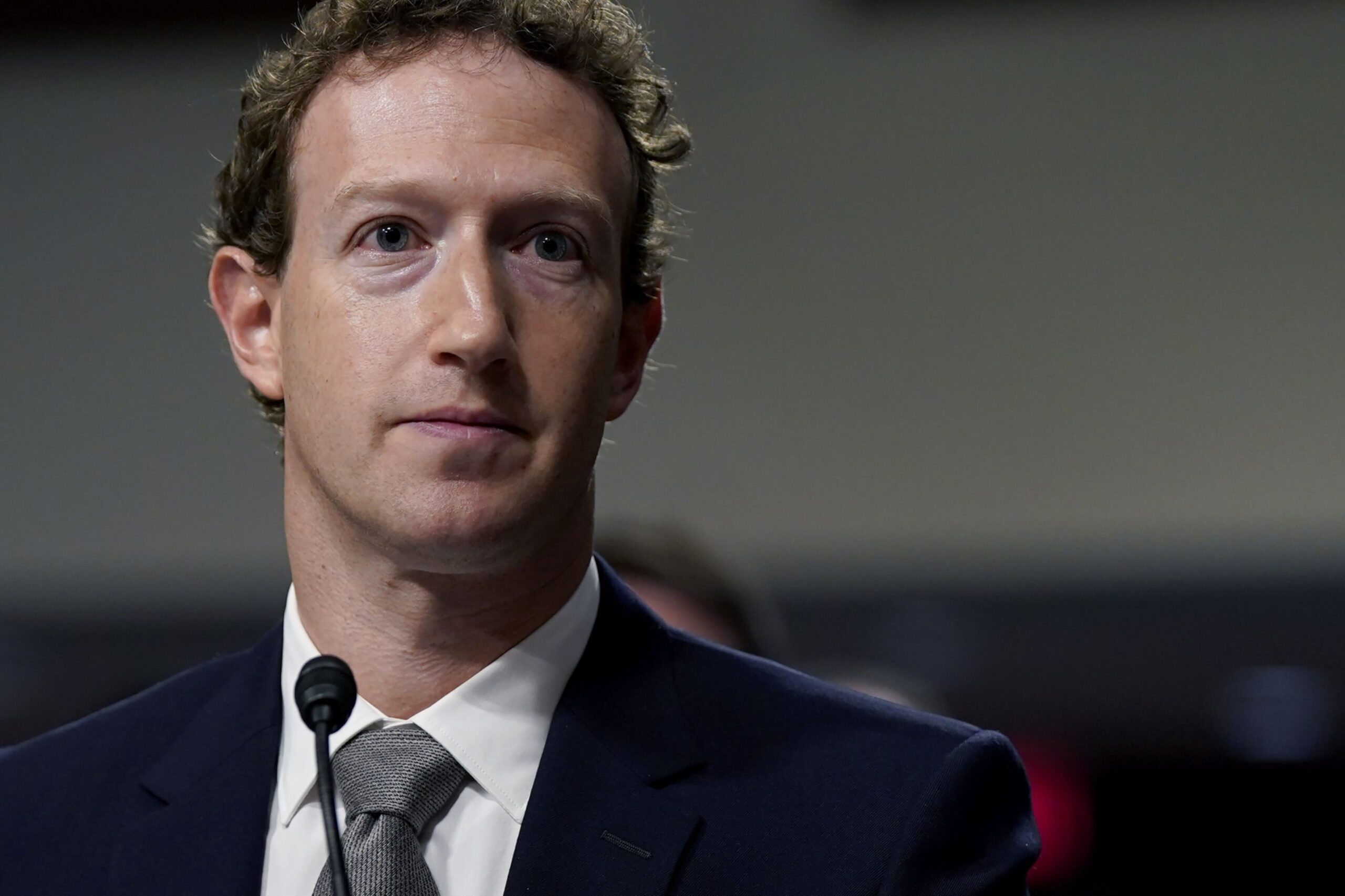
A federal judge sided with Meta on Wednesday in a lawsuit filed by 13 authors, including Sarah Silverman, who alleged the company unlawfully trained its AI models using their copyrighted books.
U.S. District Judge Vince Chhabria issued a summary judgment in Meta’s favor, deciding the case without a jury. He found that Meta’s use of copyrighted works for AI training fell under the “fair use” doctrine of copyright law, deeming it legal in this context.
This ruling closely follows a similar victory for AI company Anthropic in a related lawsuit, marking significant wins for the tech industry after years of legal disputes with media companies over the use of copyrighted materials for AI training.
Scope of the Ruling and Key Considerations
Judge Chhabria clarified that his decision does not establish a blanket approval for all AI training on copyrighted works. Instead, he noted the plaintiffs had presented flawed arguments and insufficient evidence.
“This ruling does not stand for the proposition that Meta’s use of copyrighted materials to train its language models is lawful,” the judge stated. He added that in other cases with more detailed evidence on market effects, plaintiffs might prevail.
The judge ruled Meta’s use was transformative, meaning the AI models do not simply reproduce the authors’ original texts. Furthermore, the plaintiffs failed to show that Meta’s copying negatively impacted the market for their works, a key factor in copyright infringement claims.
“The plaintiffs presented no meaningful evidence on market dilution at all,” said Judge Chhabria.
Broader Legal Landscape for AI and Copyright
While both Anthropic and Meta won their cases involving books, other lawsuits continue against tech firms using different copyrighted content. For example, The New York Times is suing OpenAI and Microsoft for AI training on news articles, while Disney and Universal have taken legal action against Midjourney over films and TV shows.
Judge Chhabria highlighted that fair use defenses depend heavily on case specifics and suggested that markets for certain content types—like news articles—might be more vulnerable to indirect competition from AI-generated outputs.
“It seems that markets for certain types of works (like news articles) might be even more vulnerable to indirect competition from AI outputs,” the judge noted.
Author’s Opinion
This ruling is a crucial, though cautious, step toward defining how AI can legally use copyrighted content. It underscores the need for nuanced, case-by-case analysis rather than broad rules. As AI continues to evolve, clear legal frameworks balancing innovation with creators’ rights will be essential. Courts must remain vigilant to ensure fair use is not exploited, but also that technological progress isn’t unduly hindered.
Featured image credit: Carrier Management
For more stories like it, click the +Follow button at the top of this page to follow us.
